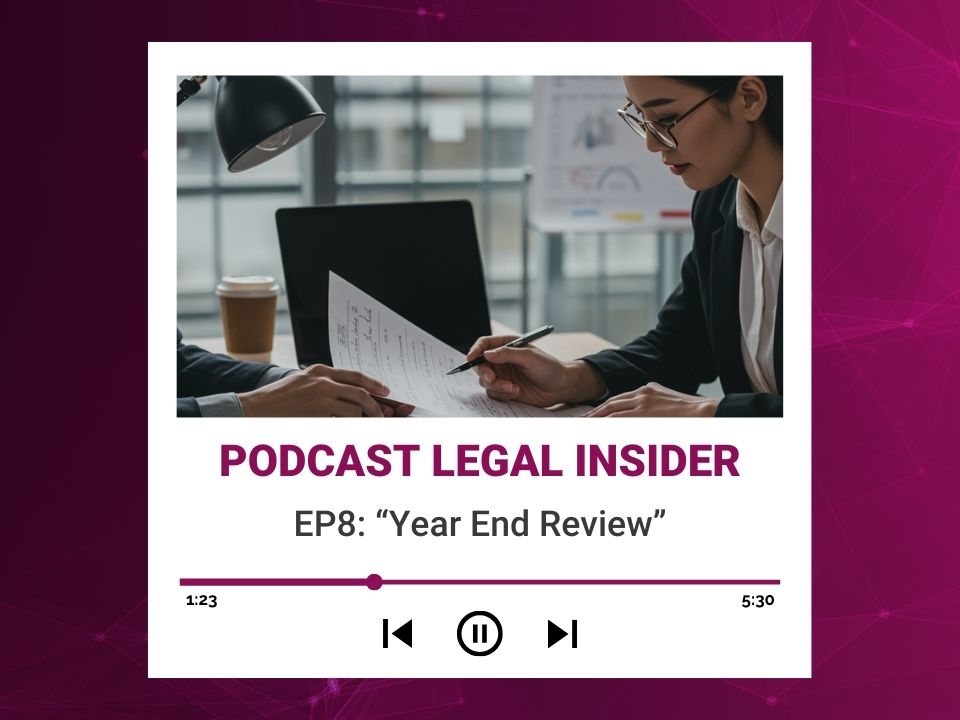
Icaza, González-Ruiz & Alemán at INTA Leadership Meeting 2023
20/11/2023
Icaza, González-Ruiz & Alemán present at XVII National Tax Congress
18/01/2024Comments regarding Law 415 of November 22, 2023, which modifies articles 1652, 1657, 1743 and 1744 of the Judicial Code concerning to Real and personal Property Auctions.

By: Carlos E. Villalobos Jaén – Partner
Law 415 of November 22, 2023, enacted in Official Gazette 29915-A of November 22, 2023, affects the court ordered sale procedure, and the manner of attainment of the credit, by the mortgagee before the Courts.
This Law affects all mortgage contracts within which the basis for the auction or court ordered sale has been agreed, even those contracts prior to the Law. In this sense, consider the provisions of Article 30 of the Civil Code, the express text of which reads as follows:
“Article 30. Every contract shall be deemed to incorporate the laws in force at the time of its execution.
The following are excepted from this provision:
- the laws concerning the manner of claiming in court the rights arising from the contract; and
- those which establish penalties in the event of infringement of the stipulations, which shall be punished in accordance with the law under which it was committed”.
As may be observed, being able to fix the base of the auction by agreement shall cease to be valid, since it would be regulated in a different manner with respect to its fixation in the mortgage contract; being then the base of the auction the one resulting from the appraisal, as indicated in articles 1652 and 1653 of the Judicial Code. It is also worthwhile to take into consideration the provisions of article 32 of the Civil Code, which expressly states the following:
“Article 32. The laws concerning the substantiation and formality of trials shall prevail over prior laws from the moment in which they are to take effect. But the terms that have begun to be applicable, and the actions and procedures that have already been started, shall be governed by the law in force at the time of their beginning”.
This modification with respect to foreclosure proceedings, especially those that are said to be exempt from formalities, is detrimental to the interests of the creditors, in addition to not considering, at all, the advantage for the recovery of the credit from the substantive point of view, that is to say, on the basis of the Civil Code.
The purpose of the mortgage, as expressly stated in the Civil Code, is to guarantee with the encumbered property the obligations of the mortgagee (see article 1566).
On such consideration, the same Civil Code establishes that the mortgage shall fix on the Property (in the registry), the totality of the amount that it guarantees (see article 1572 of the Civil Code). Furthermore, the same Code states in Article 1575 that the mortgage (in the case of a plurality of real property), shall survive in its entirety as long as the totality of the obligation is not cancelled.
The reference to the preceding articles is what sustains the current validity of articles 1743 and article 1744 (final paragraph) both of the Judicial Code.
We refer to the fact of being able to fix the basis of the auction conveniently, since precisely the immediate purpose of the Mortgage (art. 1566 of the Civil Code), is to guarantee the payment of the obligation that is maintained with the mortgagee. That is why it makes sense that the basis for the auction is the amount owed to the mortgagee (which is the amount currently proposed as the basis for the auction), and not a different amount, which exceeds the obligation of the first-priority creditor.
Allowing that for foreclosure proceedings the basis of the auction be fixed, based on appraisals or by averaging appraisals submitted by the creditor and the debtor, as proposed in the law, shall create conflicting situations in proceedings, which is supposed to be summary, and in the case of foreclosure proceedings with formalities waiver, it shall be “summary and urgent proceedings”.
With the Law, in addition to eliminating the possibility of fixing the base of the auction as agreed in the deed containing the mortgage contract, the objective alternative provided or to be provided by article 1657 of the Judicial Code, which currently states the following, is eliminated:
“Article 1657. The court shall fix the value assigned to the real estate properties that pay contributions to the Tax Authority in the respective Cadastre.”
What the Law does is to allow the creditor and possibly the debtor to submit appraisals on which the Judge shall average the value to establish the basis for the auction. This obviously distorts the rules that must be considered to give value to the appraisals (see judicial aides).
For example, do these appraisers have to take office before the judge, so that he/she can value their opinions? Shall there be a period to challenge them, if they are not qualified? All this does not seem to be taken into account in the Law, which has no place in the structure of these foreclosure proceedings.
If the base of the auction is increased by reason of the appraisals, the position of the mortgagee, as to his bid on account of his credit shall be affected, and thus the possibility of being able to acquire the property for the payment of the obligation owed. If the average appraisal exceeds the mortgagee’s claim, the mortgagee shall be subject to the provisions of Article 1715 of the Judicial Code:
“Article 1715. In all auctions the bidder must deposit for his bid to be admissible, ten percent (10%) of the amount set as the basis for the auction of the property or properties he intends to auction.
Both the creditor and the intervener in support of one party are qualified bidders to make bids for their credit. The executing party and the intervener in support of one party do not need to make a deposit, except when their claim represents less than the basis for the auction. In this case, he/she shall consign ten percent (10%) of the difference between his/her credit and the base of the auction.”
Finally, it is interesting to note that this Law 415 contradicts Law 402 of October 2023, which is the integral reform of the Judicial Code, whose application has been postponed until 2025. Article 780 of the new Civil Procedural Code returns to the system now repealed by Law 415 to which we have referred.








